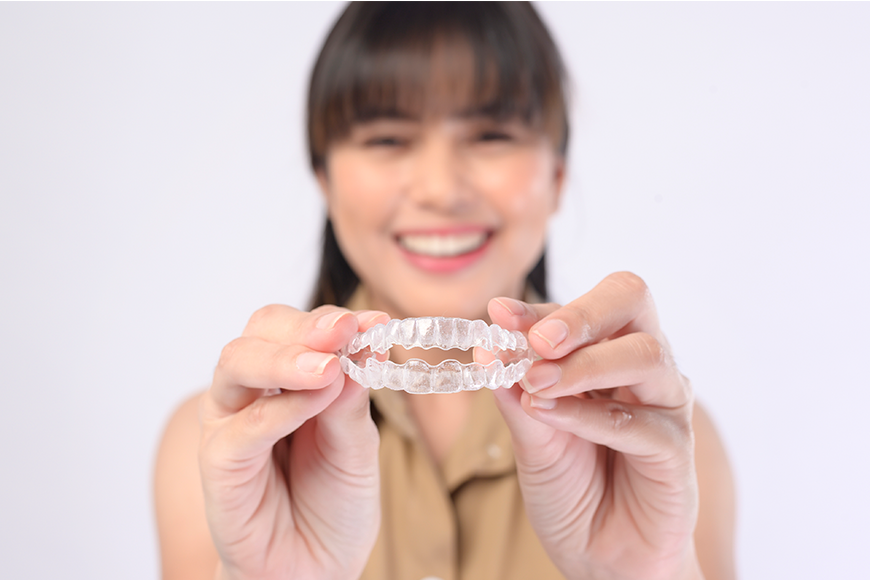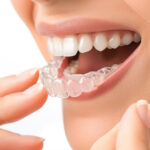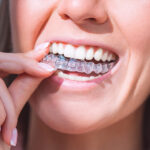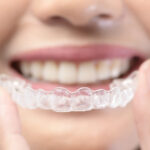How to fix underbite? An underbite, also known as mandibular protrusion, is a dental condition where the lower jaw protrudes beyond the upper jaw. This condition can affect both children and adults, leading to various issues such as difficulty chewing, speaking, and even self-esteem problems. If you’re concerned about your underbite, you may be wondering about the available treatment options. In this comprehensive guide, we’ll answer the question how to fix underbite and dive into the causes, symptoms, and effective solutions for correcting an underbite, including the expertise of Madison Dentistry & Implant Center.
What Causes Underbite?
Several factors can contribute to the development of an underbite:
- Genetics: A family history of underbites can increase your risk.
- Habitual Thumb-Sucking or Pacifier Use: Prolonged sucking habits can affect jaw development.
- Early Tooth Loss: Premature loss of baby teeth can disrupt the natural alignment of teeth.
- Jaw Injury: Trauma to the jaw can lead to misalignment.
Symptoms of Underbite
The most noticeable symptom of an underbite is the protrusion of the lower jaw. Other common signs include:
- Difficulty chewing and speaking: The improper positioning of the teeth can make it challenging to bite and chew food effectively, as well as articulate words clearly.
- Jaw pain or discomfort: The misalignment of the jaw can cause pain, especially when chewing or speaking.
- Uneven wear of teeth: The abnormal bite can lead to excessive wear and tear on specific teeth, particularly the front teeth.
- Increased risk of gum disease and tooth decay: The misalignment can create gaps and crevices where food particles can become trapped, leading to plaque buildup and an increased risk of gum disease and tooth decay.
How To Fix Underbite (Treatment Options)
The appropriate treatment for an underbite will depend on the severity of the condition and the patient’s age. Here are some common treatment options:
- Early Orthodontic Intervention: For children, early orthodontic treatment can help guide jaw growth and correct mild underbites. This may involve the use of appliances like expanders or braces.
- Traditional Braces: Traditional braces are a common treatment for underbites, especially in adolescents and adults. By applying gentle pressure to the teeth and jaws, braces can gradually correct the alignment.
- Invisalign: Invisalign is a popular alternative to traditional braces. It uses a series of clear aligners to gradually shift the teeth into proper position. Invisalign is a discreet and comfortable option for many patients.
Choosing the Right Treatment
To determine the best treatment option for your specific needs, it’s essential to consult with a qualified orthodontist or oral surgeon. They will assess your condition, discuss your treatment goals, and recommend the most appropriate course of action.
The Role of Madison Dentistry & Implant Center
Madison Dentistry & Implant Center is a renowned dental practice that offers comprehensive orthodontic services, including underbite correction. Their experienced team utilizes state-of-the-art techniques and technology to provide personalized treatment plans for each patient.
Tips for Maintaining Your Bite After Treatment
Once your underbite treatment is complete, it’s important to maintain your new smile. Here are some tips:
- Wear Retainers: Retainers help prevent your teeth from shifting back to their original position.
- Practice Good Oral Hygiene: Brush your teeth twice a day, floss daily, and schedule regular dental check-ups.
- Avoid Bad Habits: Avoid habits like thumb-sucking, nail-biting, and teeth grinding, as they can affect your bite.
Conclusion
An underbite can impact your appearance, oral health, and overall quality of life. However, with the right treatment, you can achieve a beautiful, healthy smile. If you’re concerned about your underbite, don’t hesitate to schedule a consultation with Madison Dentistry & Implant Center. Their team of experts can help you achieve the smile you deserve.




